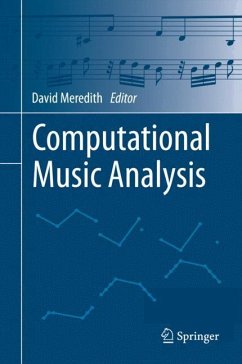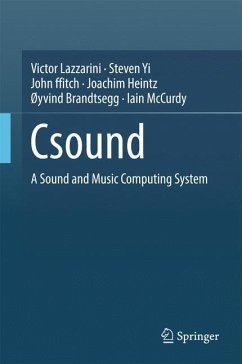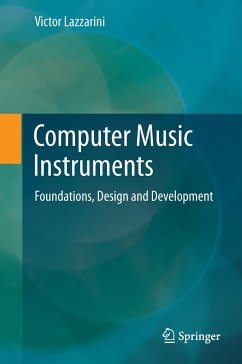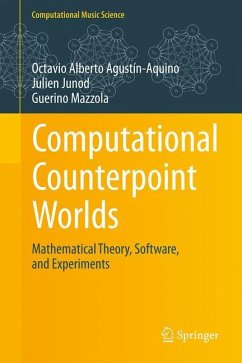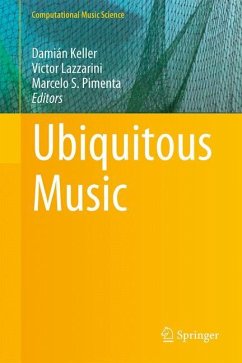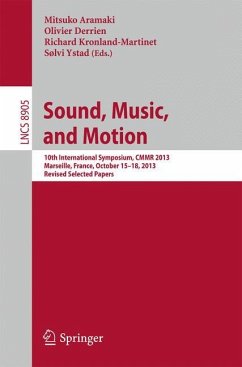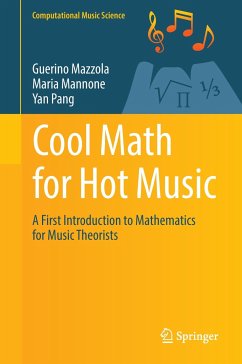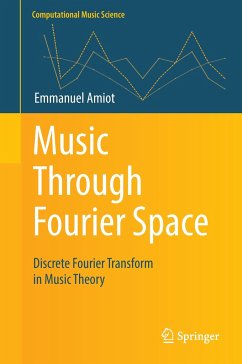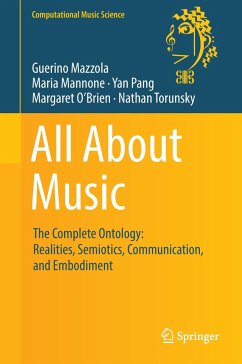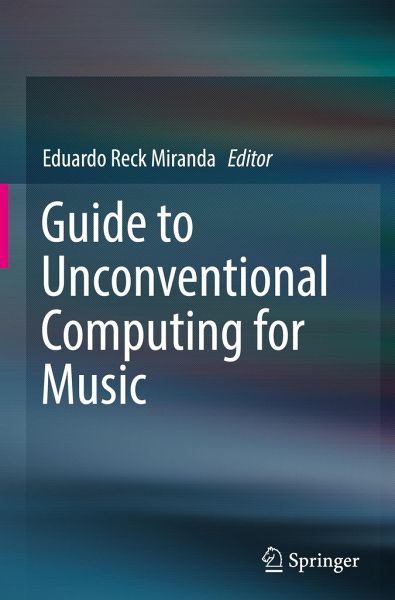
Guide to Unconventional Computing for Music

PAYBACK Punkte
27 °P sammeln!
This pioneering text/reference explores how innovative new modes of computation may provide exciting new directions for future developments in the music industry, guiding the reader through the latest research in this emerging, interdisciplinary field. This work includes coverage of electronic music compositions and performances that incorporate unconventional interfacing, hacking and circuit bending. Features: presents an introduction to unconventional computing in music; discusses initiatives involving biophysical electronic music, the work of self-styled silicon luthiers, and the intersecti...
This pioneering text/reference explores how innovative new modes of computation may provide exciting new directions for future developments in the music industry, guiding the reader through the latest research in this emerging, interdisciplinary field. This work includes coverage of electronic music compositions and performances that incorporate unconventional interfacing, hacking and circuit bending. Features: presents an introduction to unconventional computing in music; discusses initiatives involving biophysical electronic music, the work of self-styled silicon luthiers, and the intersection of music and quantum computing; introduces the memristor, a new electronic component with the potential to revolutionize how computers are built; reviews experiments and practical applications of biological memristors in music; describes IMUSIC, an unconventional tone-based programming language, which enables the programming of computers using musical phrases; includes review questions at the end of each chapter.



